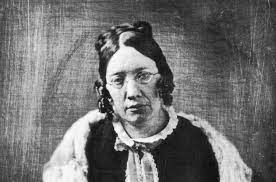ON CLEANLINESS.
by
October 1st, 2023
Audio Presented by

Trailblazing American educator, advocated female education and kindergarten integration.
About Author
Trailblazing American educator, advocated female education and kindergarten integration.

Trailblazing American educator, advocated female education and kindergarten integration.
Trailblazing American educator, advocated female education and kindergarten integration.